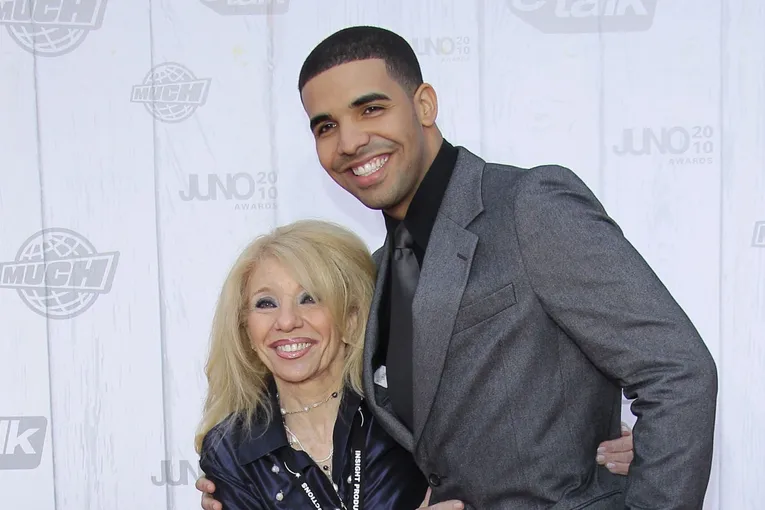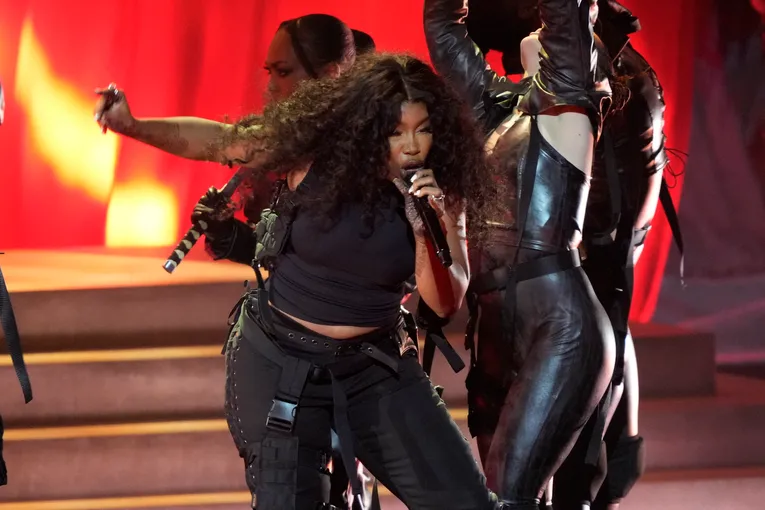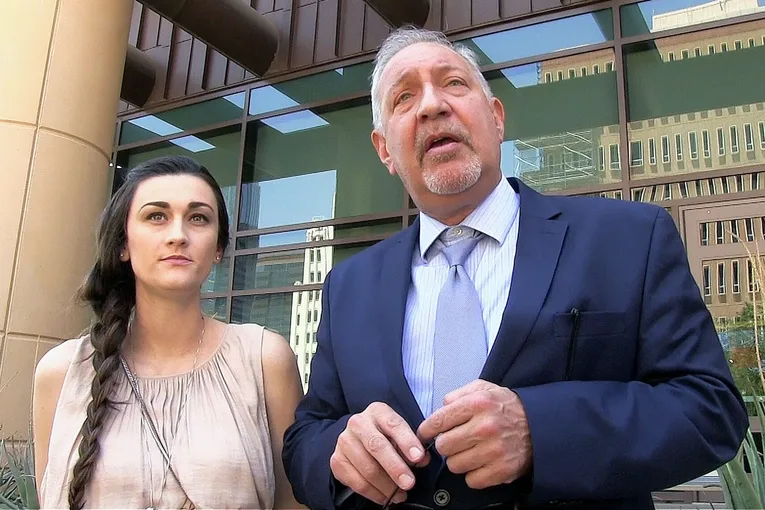While working on lyrics for Everything But the Girl’s triumphant new album Fuse, Tracey Thorn was struck by a familiar sensation. As disconnected thoughts and sentiments began to surface, she would think, I’m not sure where that came from, but I’m going to go with it. Before she knew it, a St Augustine catechism was sharing space with her own forthright views on sanctimony. “Stuff bubbles up from your unconscious,” she tells me in a goldfish bowl of a meeting room at Virgin Records’ London office.
The mercurial duo of Thorn and Ben Watt have learned not to question a bolt from the blue. The electronic pop outfit have an ear for frequencies that others might pass over as interference, as exemplified by their synthesis of emergent UK genres like breakbeat, downtempo, trip-hop with quiet storm and folk on their classic ’90s albums Amplified Heart and Walking Wounded. With Thorn’s dusky and soulful voice, the duo created a sound that was not quite for the rave but solitary moments of introspection after. It always seemed like Thorn could see things that were invisible to the naked eye, but her impressionistic tales of emotional turbulence could be cut with a self-deprecating wit—an attitude she takes today when discussing “Missing,” the ’90s pop smash that made the duo unexpected dancefloor darlings. “People argue whether it’s a clever or stupid lyric,” she says, smiling. “Deserts don’t miss rain. But as soon as I sang it, we were like, ‘That works!’”
After meeting and becoming a couple while at university in Hull, UK, Thorn and Watt formed Everything But the Girl in 1982 and released their debut album, the bossa nova-inspired Eden, in 1984. A modest hit, it was idiosyncratic enough to prompt lively debate between George Michael and Morrissey on the BBC panel show Eight Days a Week. “I love her voice,” said Michael, of Thorn. “It’s so melancholy and it’s so vulnerable.” Are they out of step with trends, wondered the host. This was the year of “Like a Virgin,” “When Doves Cry,” and “Girls Just Wanna Have Fun.” “Yeah,” replied Morrissey. “But that almost becomes an image, the absolute heart of fashion itself.”
In the ’80s, Everything But the Girl roved among genres like jangle pop, quiet storm, sophisti-pop, and cocktail jazz, moving between different atmospheres and treasuring the filmy residue they left. But by the early ’90s, the duo says they had lost a sense of purpose, and an album of polite acoustic covers felt like treading water. As they were weighing up their next musical move, personal tragedy hit. As Thorn puts it in her memoir, Bedsit Disco Queen: “Luckily, Ben decided to contract a life-threatening illness, and in doing so, saved us.”
Written in the wake of Watt’s hospitalization from Churg-Strauss syndrome, 1994’s starkly honest Amplified Heart stripped their sound to ivory, with folkish accompaniment and the merest wisps of electronics, as if any other embellishment would feel like fluff. Thorn’s singing was at its most intimate and pained; it bore the weight of PTSD like a phantom limb. That depth of feeling powered their aching single “Missing,” which, thanks to its Todd Terry remix, reached No. 2 in the U.S. in 1996. On that year’s Walking Wounded, the duo became the mainstream face of post-rave poignancy alongside Massive Attack, Tricky, and Portishead. The band also set a bellwether for late ’90s pop’s turn to the club as a noted influence on Madonna’s Ray of Light, as well as planting a seed for the xx’s night bus introspection and the drum’n’bass-inspired pop of PinkPantheress.
After releasing 1999’s alluring house suite Temperamental, Watt and Thorn decided to step away and start a family; they have twin daughters and a son. (In 2008, the couple married in a quiet ceremony, which Thorn once joked was “largely our accountant’s idea.”) They also shifted towards solitary creative work, including respective solo albums, book projects, and, for Watt, running the London dance label Buzzin’ Fly. Rekindling their creative partnership as Everything But the Girl after more than two decades necessitated an open mind. “I came into it with not much reverence of what had gone before,” says Watt. The resulting album, Fuse, showcases a mastery of club styles and harnesses new vocal manipulation techniques for some of the duo’s most bewitching—and soul-baring—dance anthems to date.
Tracey Thorn: We started with a more ambient mood, with the more experimental tracks like “Interior Space” and “When You Mess Up.”
Ben Watt: At the beginning there were no beats on the record. I used to work at home in my office by the front door, putting things together on my laptop. One day I put beats on “Forever,” and [looking at Tracey] you put your head ‘round the door from the kitchen. And then our son Blake came downstairs and said, “Dad, is that going on the album?”







